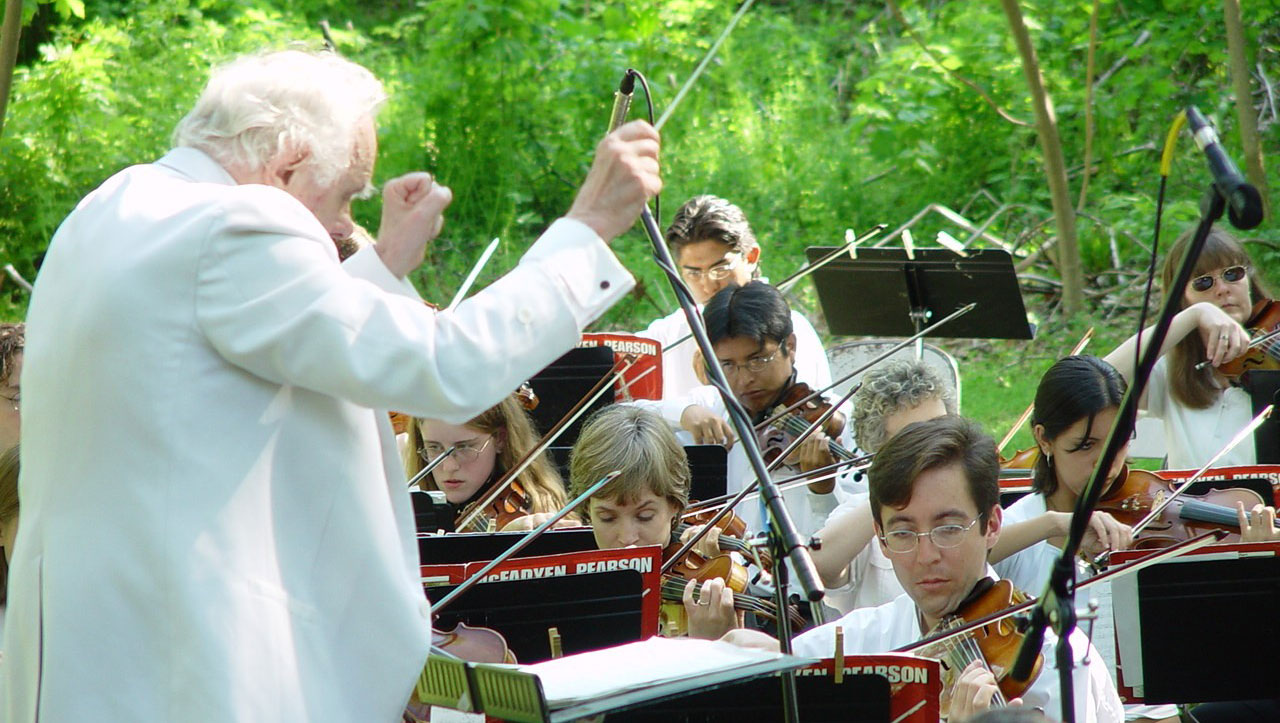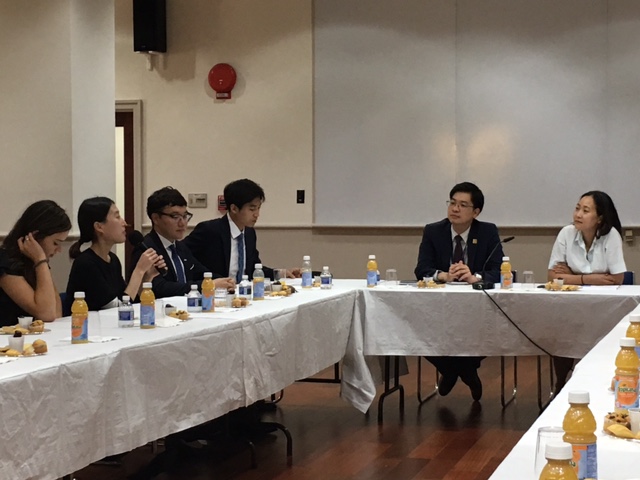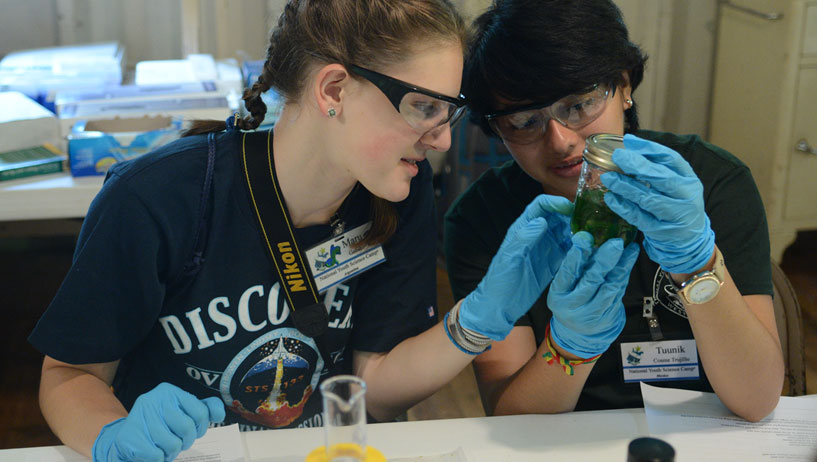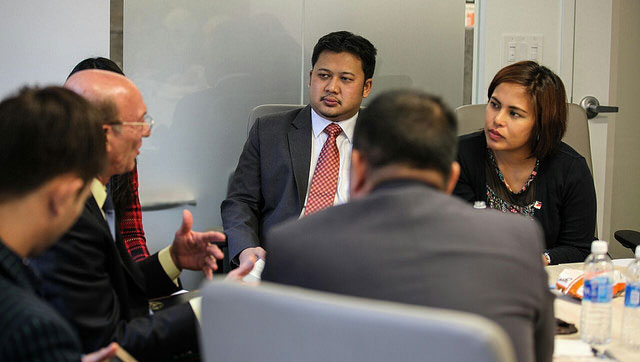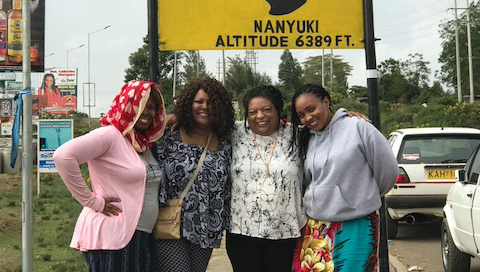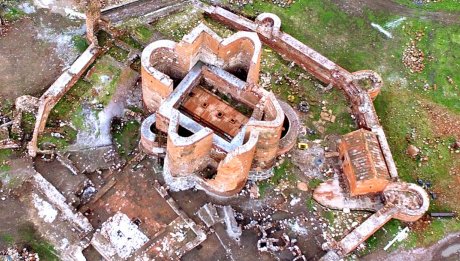
The Ambassadors Fund
Supports projects to preserve a wide range of cultural heritage in less developed countries, including historic buildings, archaeological sites, ethnographic objects, paintings, manuscripts, and indigenous languages and other forms of traditional cultural expression.
The U.S. Department of State Bureau of Educational and Cultural Affairs has long-standing partnerships with organizations that advance foreign relations and people-to-people diplomacy.
Sister Cities International
A sister city, county, or state relationship is a broad-based, long-term partnership between two communities in two countries through which cultural, educational, business, and technical exchanges take place. SCI provides assistance and expertise to more than 500 U.S. member communities with more than 2,000 partnerships worldwide to help strengthen their sister city organizations.
To get involved in an existing sister city organization, visit the online directory at sistercities.org and search for your community. If your city does not have an organization and you would like to start one, contact SCI at membership@sistercities.org or visit the Sister Cities International website Embassies contacted for assistance in establishing a sister city relationship should contact SCI’s Membership Department at partnerships@sistercities.org.
U.S.-Japan Conference on Cultural and Educational Interchange (CULCON)
Partners of the Americas
American Council of Young Political Leaders
How to Apply: both U.S. and non-U.S. young political leaders can apply for this exchange through the ACYPL website.
U.S.- Republic of Korea National Assembly Exchange
Participants will better understand the legislative process, the history of U.S. - Korean relations, and current economic, political, and security aspects of the bilateral relationship.
U.S. citizens, between the ages of 20 and 27 years old, who meet all of the following requirements for the exchange program may apply: (1) an active interest in the U.S. government, U.S. foreign policy, and/or U.S. Korean bilateral relations; (2) a minimum of two academic years completed at an accredited institution of higher learning; (3) a nomination by a member of the U.S. Congress, with preference given to current or former interns.
National Youth Science Foundation
Institute for Representative Government
Mansfield Foundation
The Solidarity Center



